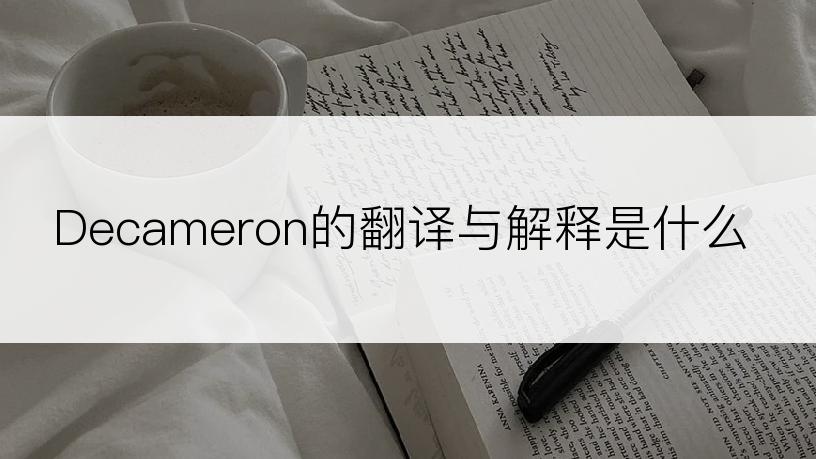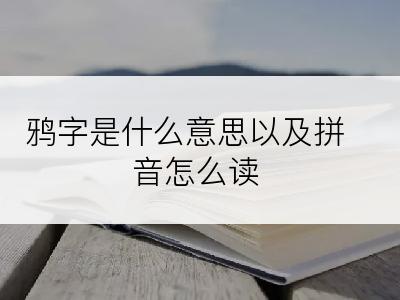Decameron的翻译与解释是什么
发布于 2023-06-23 14:07:42
浏览 181

详情:
1、
Decameron
2、
音标:英 [di'kæmərən] 美
3、
解释:
4、
n. 意大利作家薄伽丘著《十日谈》
5、
英文词源:
6、
Decameron (n.)
7、
c. 1600, from Italian Decamerone, name of Boccaccio's 14c. collection of 100 tales supposedly told over 10 days, from Greek deka "ten" (see ten) + hemera "day" (see ephemera).
8、
双语例句:
9、
1. Boccaccio, Giovanni . Decameron . Trans and Wang Keyi. Shanghai: Shanghai Translation Press, 1988.
10、
薄伽丘:《十日谈》, 方平王科一译. 上海: 上海译文出版社, 1988年.
11、
来自互联网
12、
2. By far the most impressive of his writings is the Decameron.
13、
目前为止,他的作品中给人印象最深的是《十日谈》.
14、
来自互联网
15、
3. Decameron is a world - famous literary work in the Italian Renaissance period.
16、
《十日谈》是意大利文艺复兴时期卜加丘撰写的一部世界文学名著.
17、
来自互联网
18、
更多相关例句:
19、
Boccaccio, Giovanni . Decameron . Trans and Wang Keyi. Shanghai: Shanghai Translation Press, 1988.
20、
薄伽丘:《十日谈》, 方平王科一译. 上海: 上海译文出版社, 1988年.【互联网】
21、
By far the most impressive of his writings is the Decameron.
22、
目前为止,他的作品中给人印象最深的是《十日谈》.【互联网】
23、
Decameron is a world - famous literary work in the Italian Renaissance period.
24、
《十日谈》是意大利文艺复兴时期卜加丘撰写的一部世界文学名著.【互联网】
上一篇:Decalogue的翻译与解释是什么
下一篇:decameter的翻译与解释是什么


